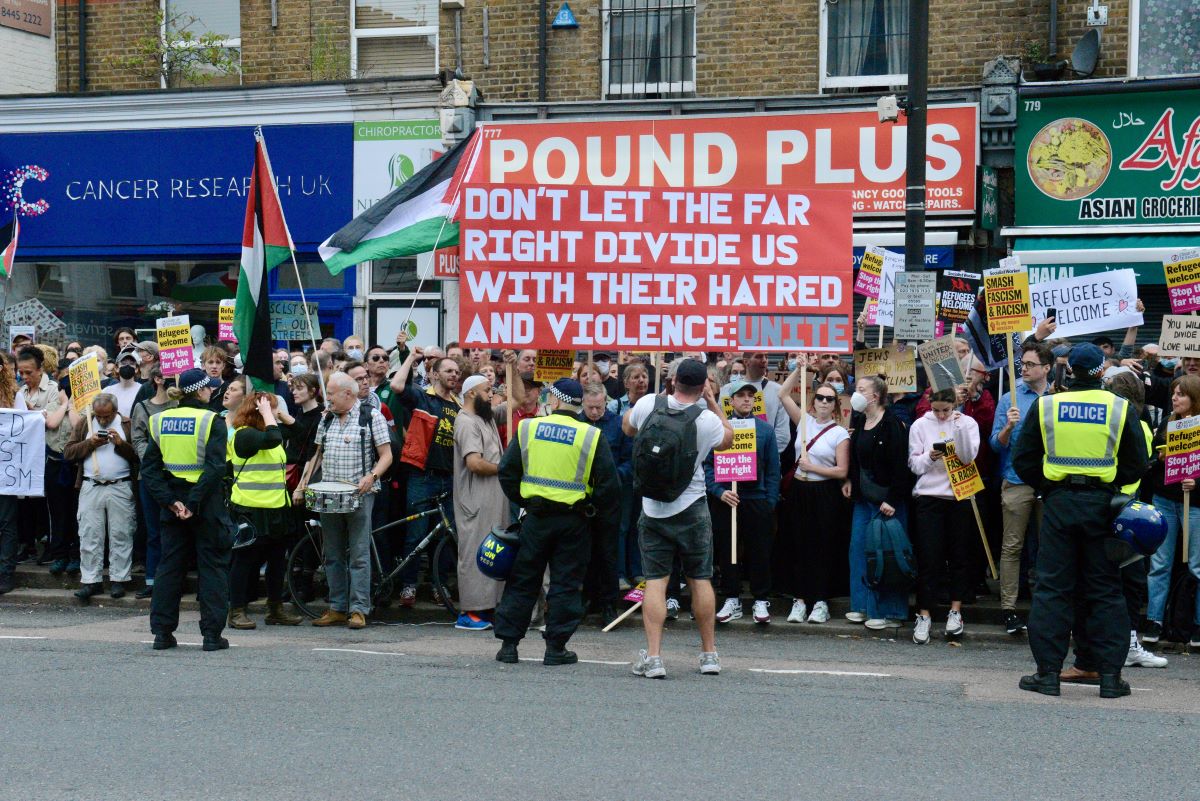As far-right protests threatened to erupt across the UK, thousands of anti-fascist demonstrators flooded the streets, turning the tide in a powerful display of unity and solidarity. Here’s the full story.
Target List Published
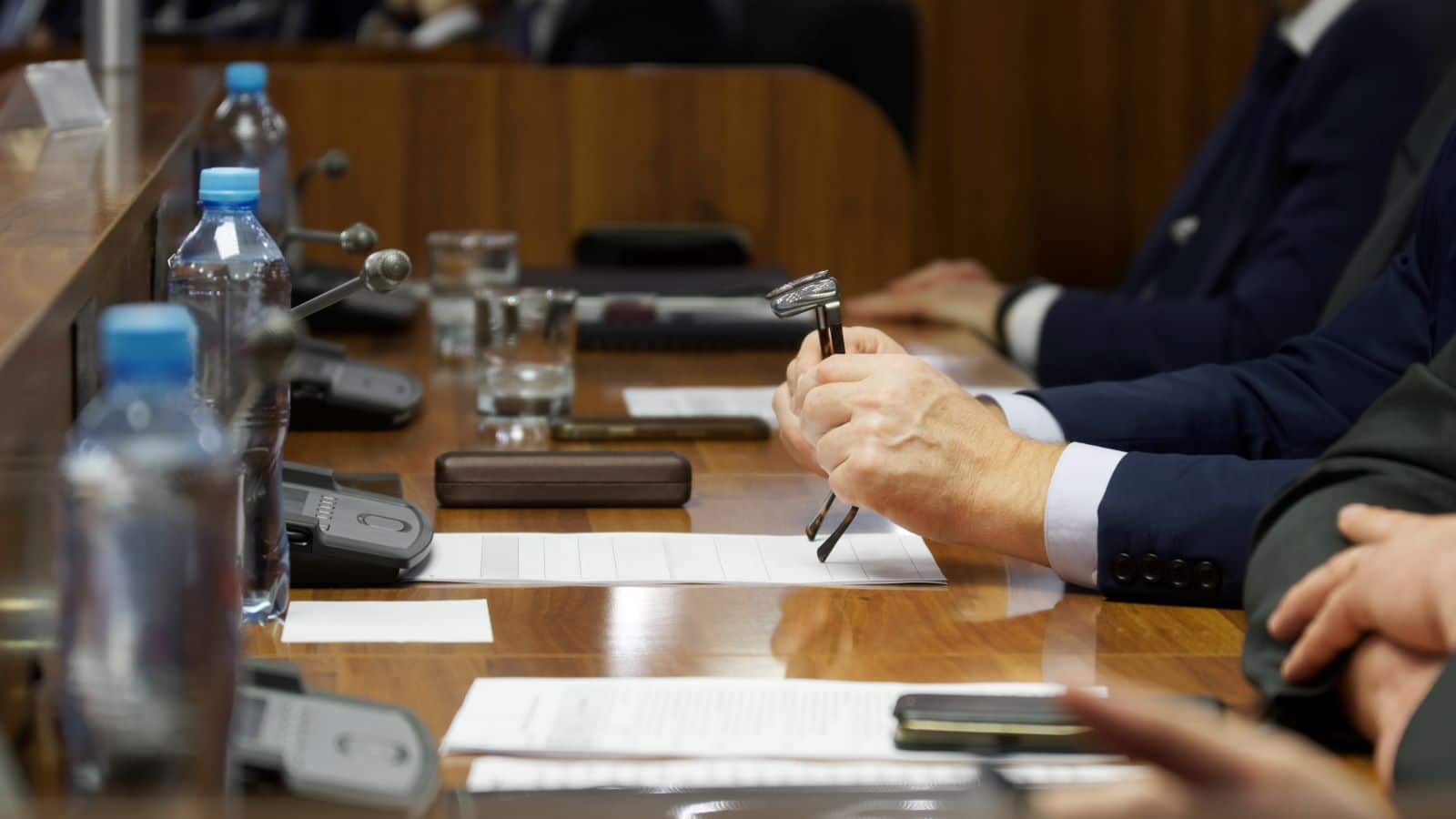
Following over a week of far-right riots on England’s streets and misinformation spreading like a virus across the internet in the wake of the tragic murders in Southport, rumours began to spread that yet another night of violence was coming, with the publication of a list online which outlined potential targets, including immigration centres and human rights law firms.
Anti-Fascists Rally Nationwide
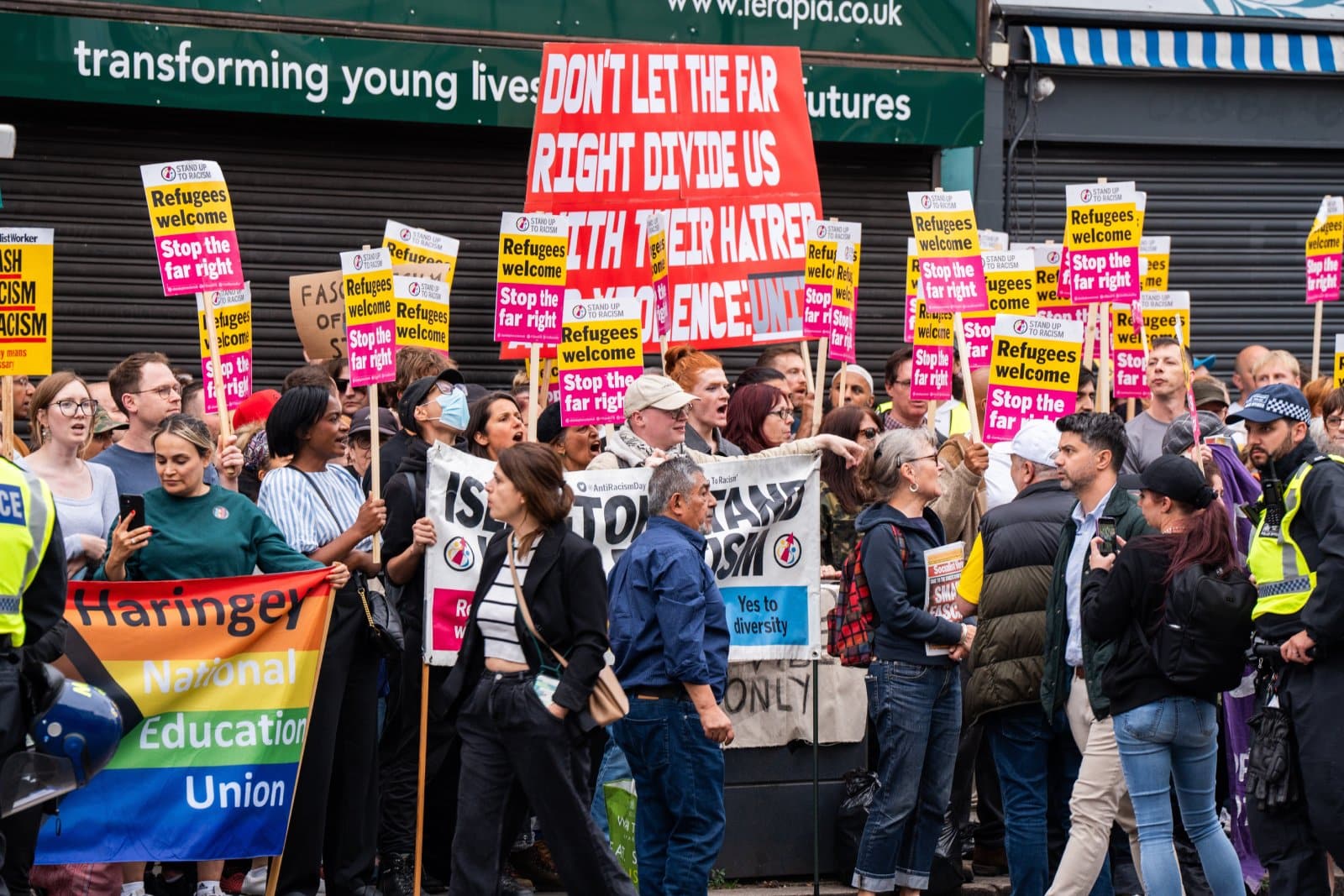
However, instead of far-right marches and violence once again taking over the streets of the country, thousands of anti-fascist demonstrators turned out in force across major cities, with counter-protesters flooding urban centres to defend the values of tolerance and respect.
Major Cities Mobilise
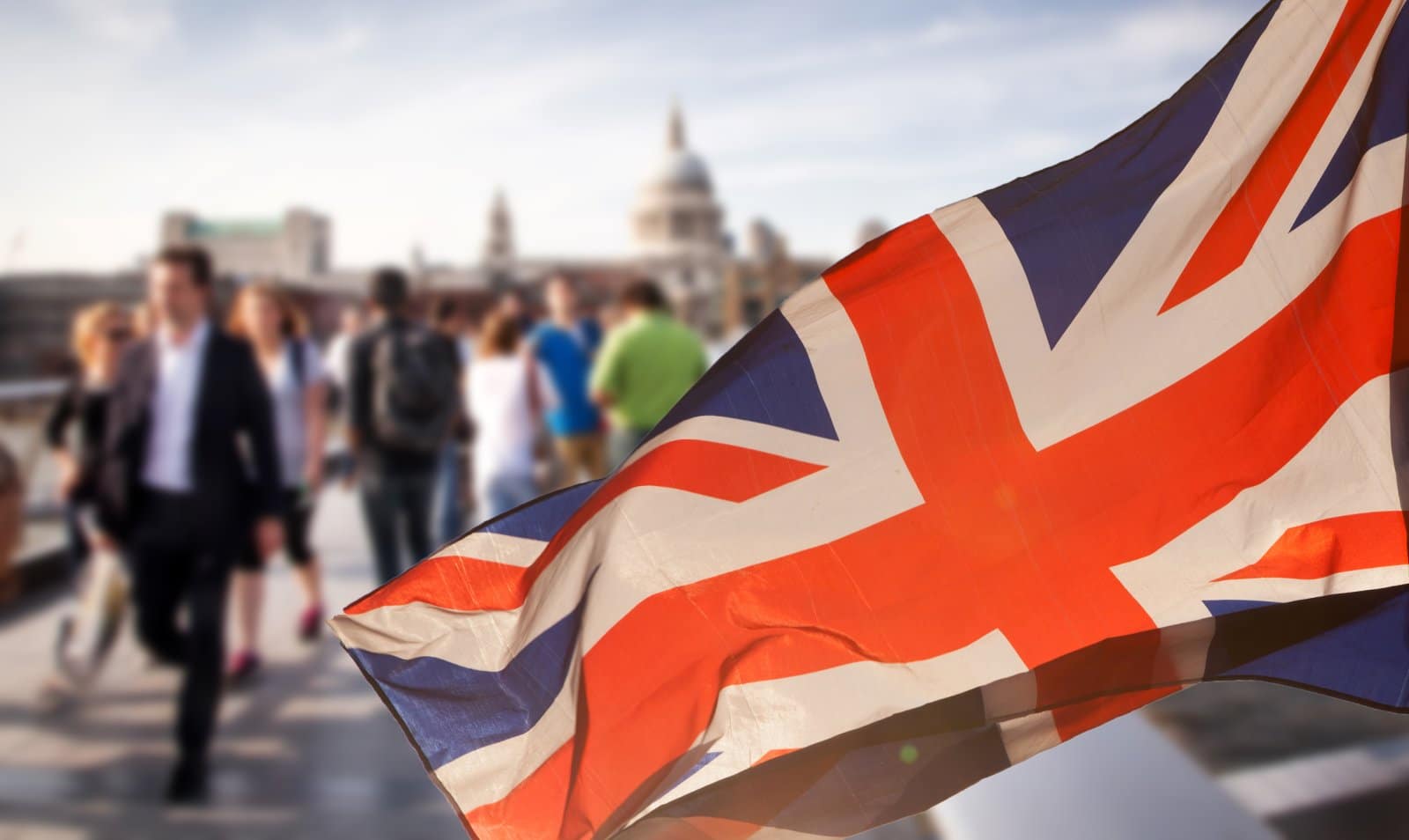
Cities up and down the country, including London, Birmingham, and Liverpool, among others, became the epicentres of these counter-protests, with attendants chanting slogans like “fascist scum off our streets,” and “no place for hate.”
Positive Reception

Surprisingly, the response to these counter-protests was overwhelmingly positive, with newspapers from across the political spectrum lauding the anti-fascist marchers.
Right-Wing Praise

Even the Daily Mail, a traditionally right-wing newspaper which has harshly criticised environmental and other left-wing protests in the past, had a front-page story praising the actions of the anti-fascists.
Turning Point Marked
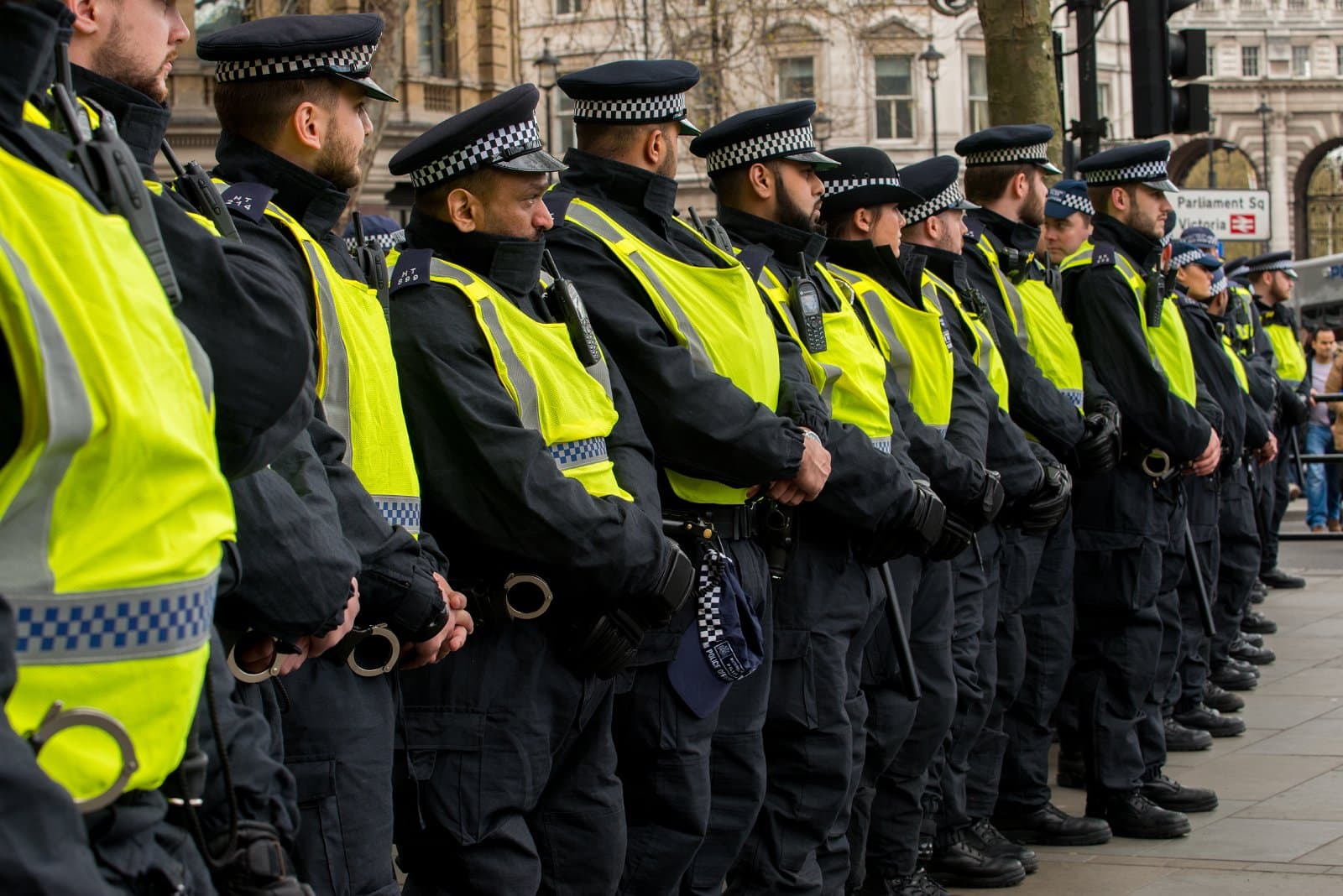
The mass mobilisation marked a turning point following a week of some of the worst civil unrest the country has seen since the 2011 riots.
Misinformation Fuels Violence

The violence, which had spread to several towns and cities across the UK, was fuelled by misinformation on social media sites, which falsely identified the accused attacker in Southport, a British-born citizen, as an asylum seeker.
Carnival Atmosphere Emerges
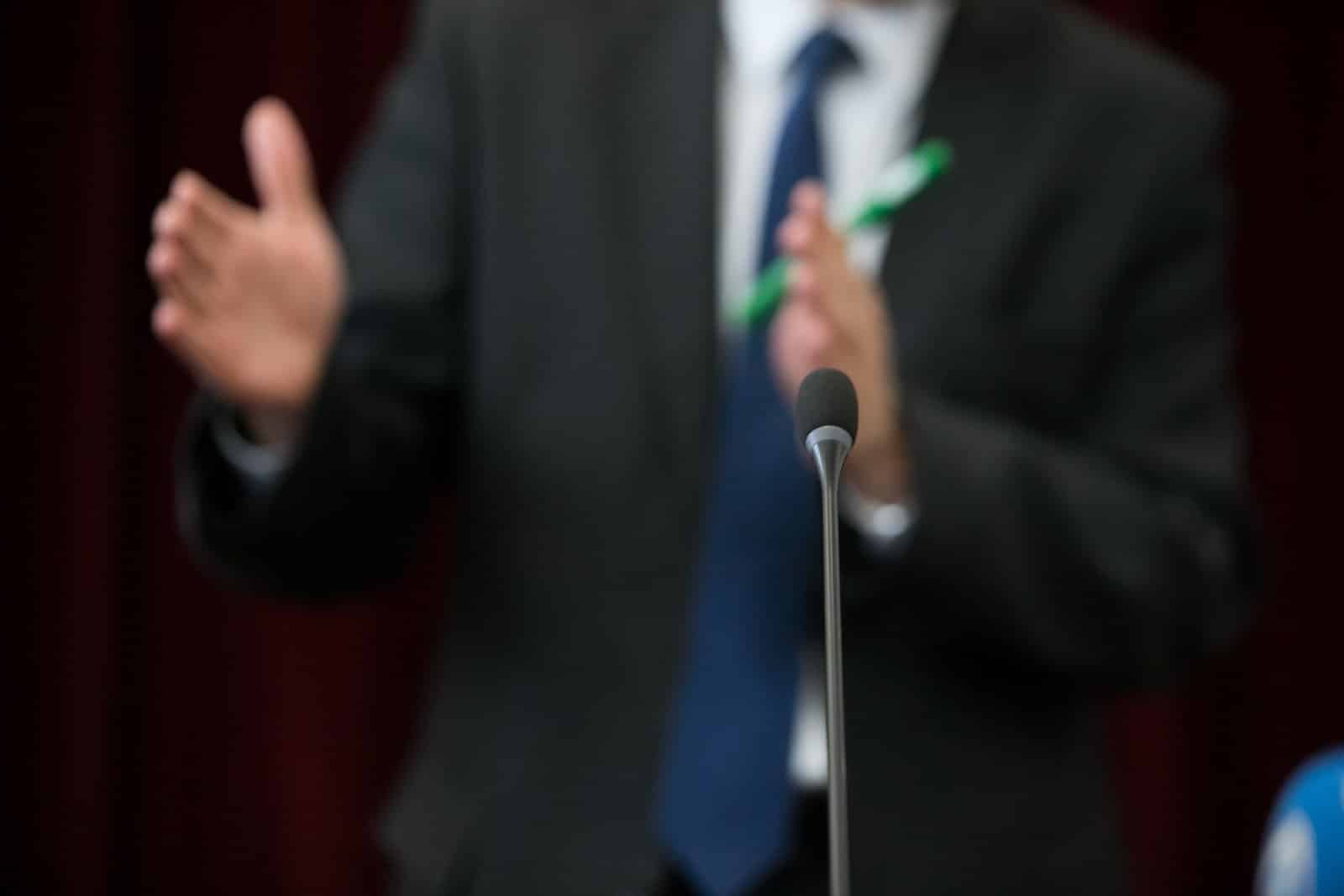
Despite fears that the situation could escalate, many of the far-right protesters failed to appear, and many of the counter-protests dissolved into a carnival-like atmosphere, with music and dancing in the streets following what many anti-fascists viewed as a victory for their cause.
Police Commend Unity
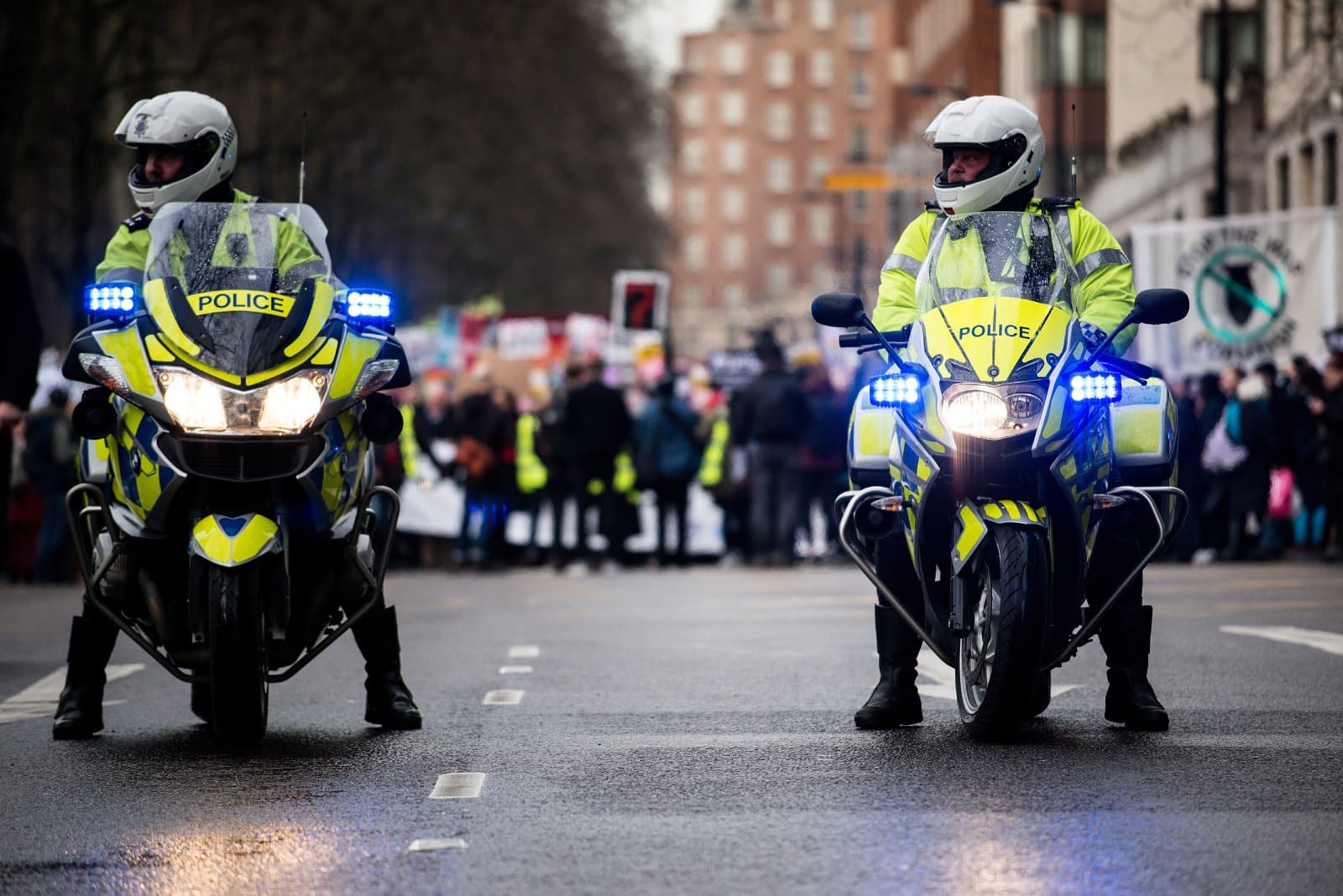
Mark Rowley, Commissioner of London’s Metropolitan Police, commended both the police force and the communities for their role in curbing the violence, telling POLITICO, “The show of force from the police and, frankly, the show of unity from communities, together defeated the challenges that we’ve seen. It was a very successful night and the fears of extreme-right disorder were abated.”
Officials Urge Caution
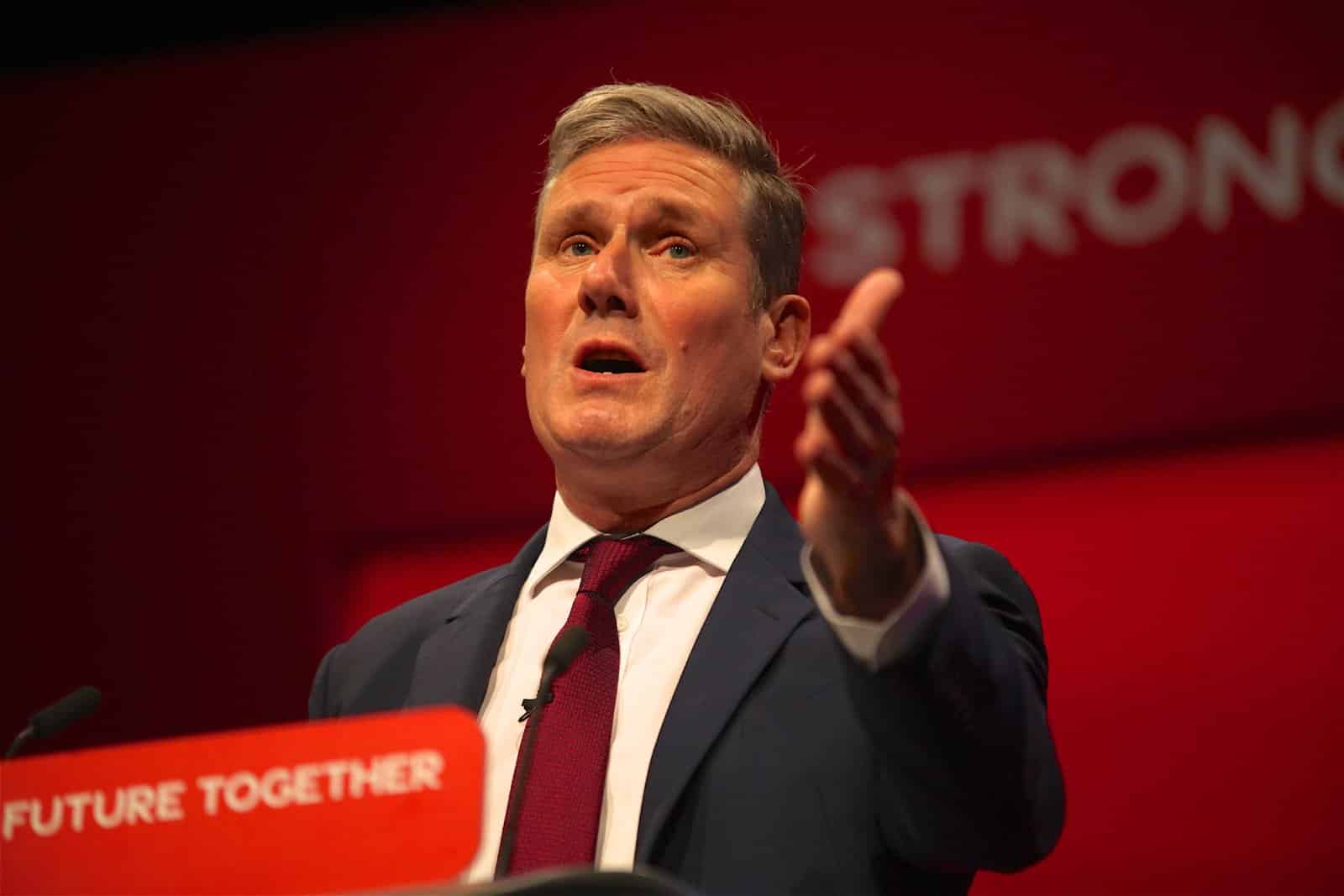
However, despite the relative calm, police and government officials remained cautious, with Prime Minister Keir Starmer stating, “I’m absolutely convinced that having the police officers in place these last few days, and the swift justice that has been dispensed in our courts have had a real impact.”
High Alert Maintained

He added, “But we have to stay on high alert going into this weekend because we absolutely have to make sure that our communities are safe and secure and feel safe and secure.”
Activists Celebrate Victory

Despite authorities’ appeals for caution, many organisers and activists who participated in the protests were jubilant at their victory over the far-right.
Cable Street Comparisons
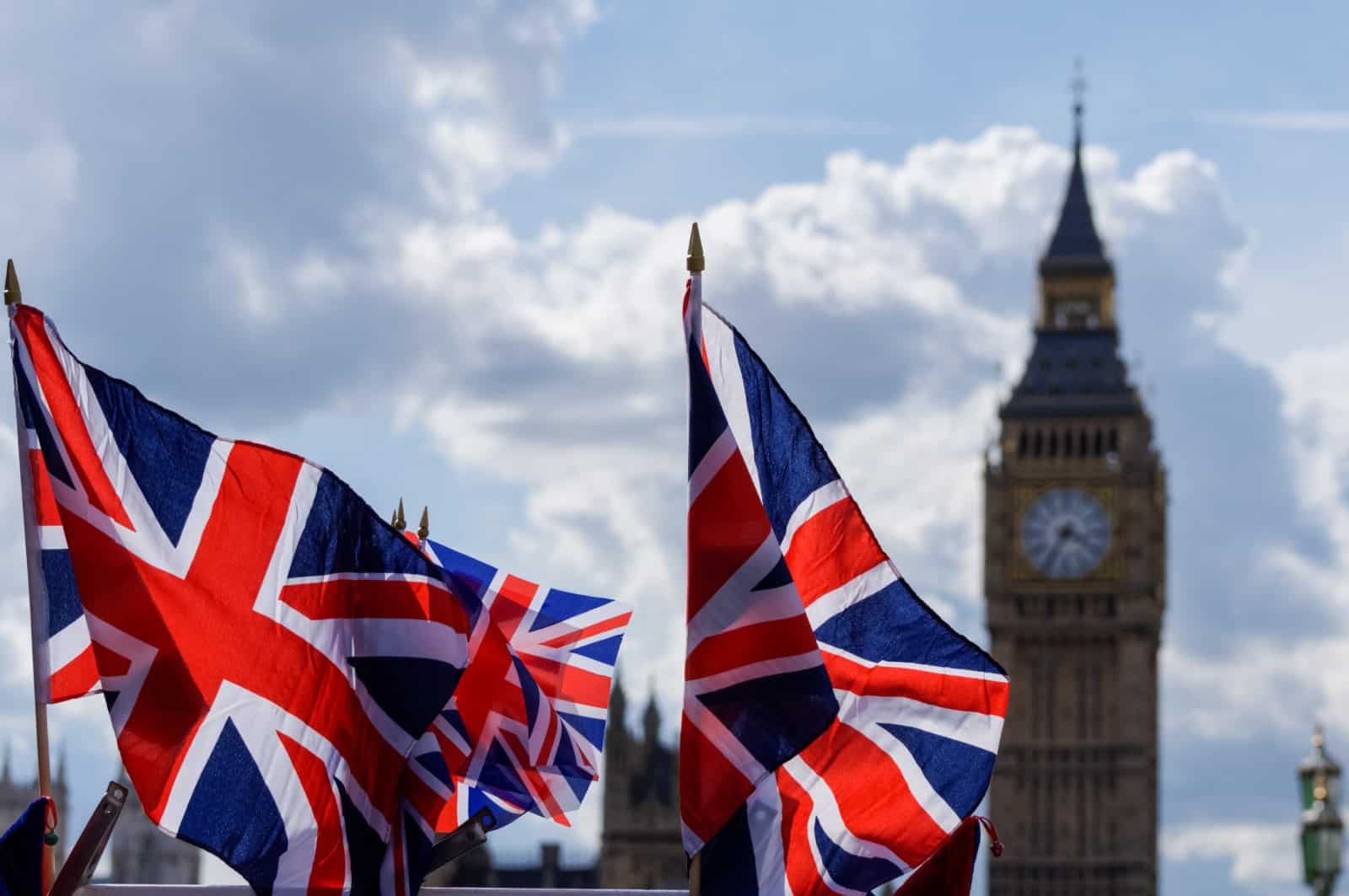
The anti-fascist’s actions were compared to the 1936 Battle of Cable Street, where anti-fascists famously confronted, and drove back, the British Union of Fascists in London’s East End.
Spirit of Cable Street

This historical parallel was highlighted by left-wing activist and musician Billy Bragg, who wrote on X, “The spirit of Cable Street has been manifested across our country tonight. All over England people from different creeds and communities have come together to send a message to the racists: No Pasaran!”
Justice System Strained

As the immediate threat of far-right violence appeared to fade, attention turned to the criminal justice system’s capacity to handle the aftermath of the unrest, with courts and prisons, which were already creaking at the seams following years of underinvestment, nearing capacity.
Farage Criticises Solidarity
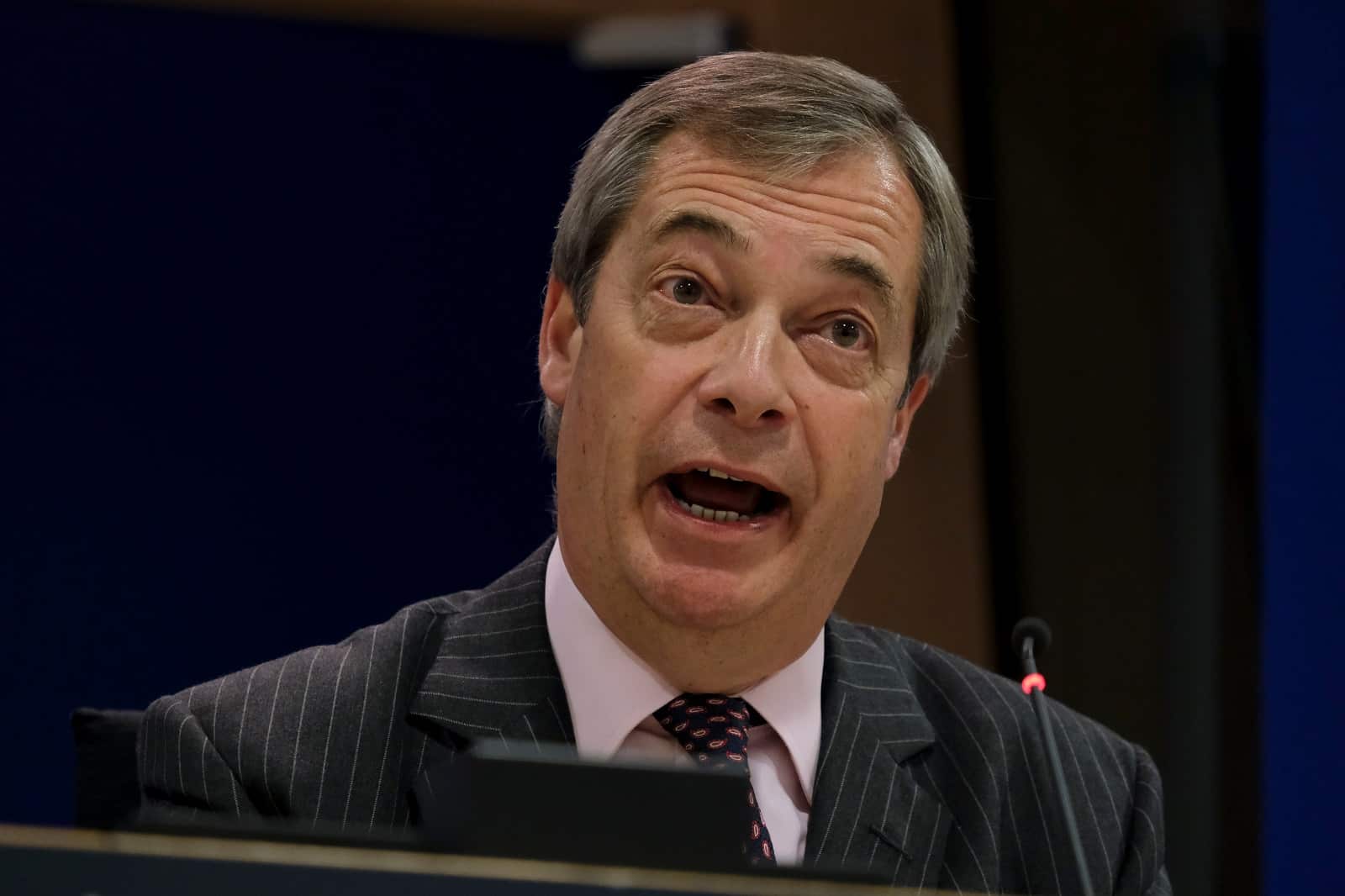
Additionally, some politicians were unhappy with the mass showing of solidarity against racism and Islamophobia, with Reform UK’s Nigel Farage trotting out one of former US President and convicted criminal Donald Trump’s old lines regarding far-right violence.
Violence on Both Sides?

In an interview with TalkTV, Farage stated, “We’ve seen violence on both sides, but let’s be frank, more thuggery from young white youths than Muslim gangs.”
Two-Tier Policing Theory

Farage also reiterated the much-publicised conspiracy theory about so-called “two-tier” policing, which asserts that the police give preferential treatment to minority communities over white far-right protesters, adding that the anti-fascist and fascist protests “were policed very differently.”
Counter-Narrative Emerges
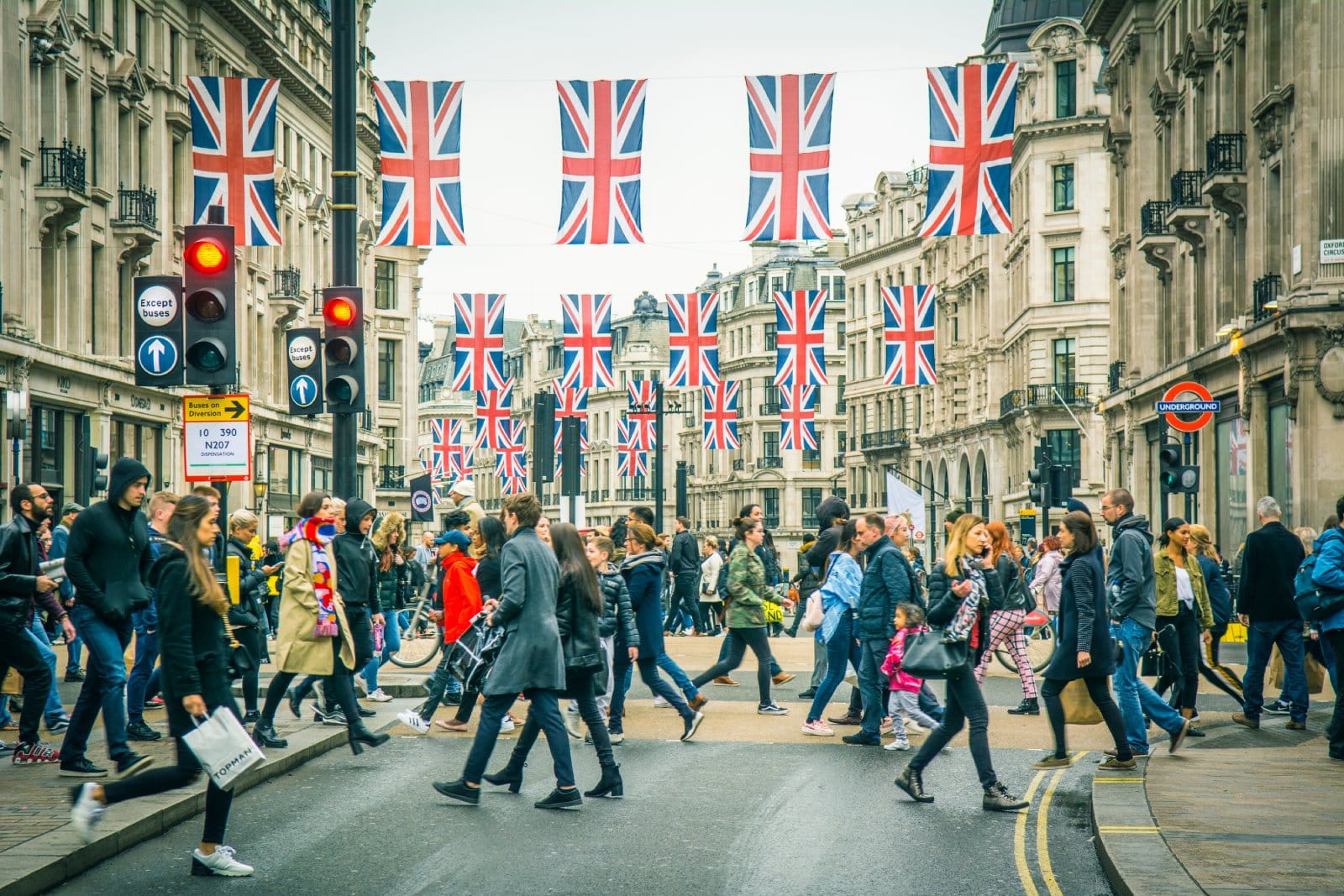
Despite some criticism from Farage, who has built his career courting anti-immigrant sentiment, the overwhelming response from anti-fascist demonstrators provided a solid counter-narrative to the violence and hatred that had marred the country in recent days.
Unresolved Issues Remain

Despite this, the underlying issues driving the unrest — including immigration, social media misinformation, and economic inequality — remained unresolved.
Future Uncertain
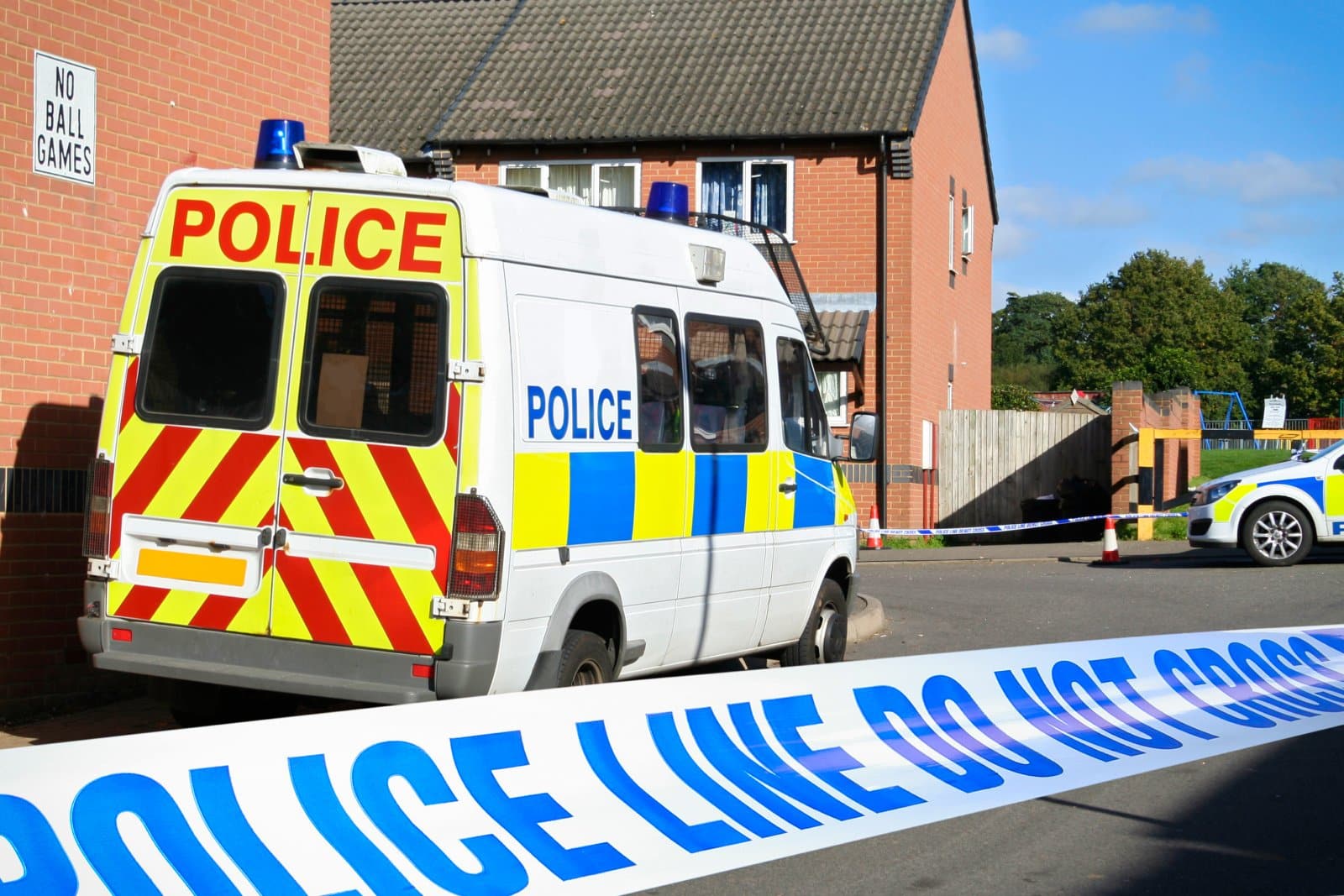
Though many will be intensely relieved by the sheer size of the counter-protests which took place Wednesday night, it remains to be seen if such protests will guarantee stability or if the cancer of far-right ideology and violence spreading so quickly online will once again rear its ugly head.
Featured Image Credit: Shutterstock / Monkey Butler Images.
The images used are for illustrative purposes only and may not represent the actual people or places mentioned in the article.

